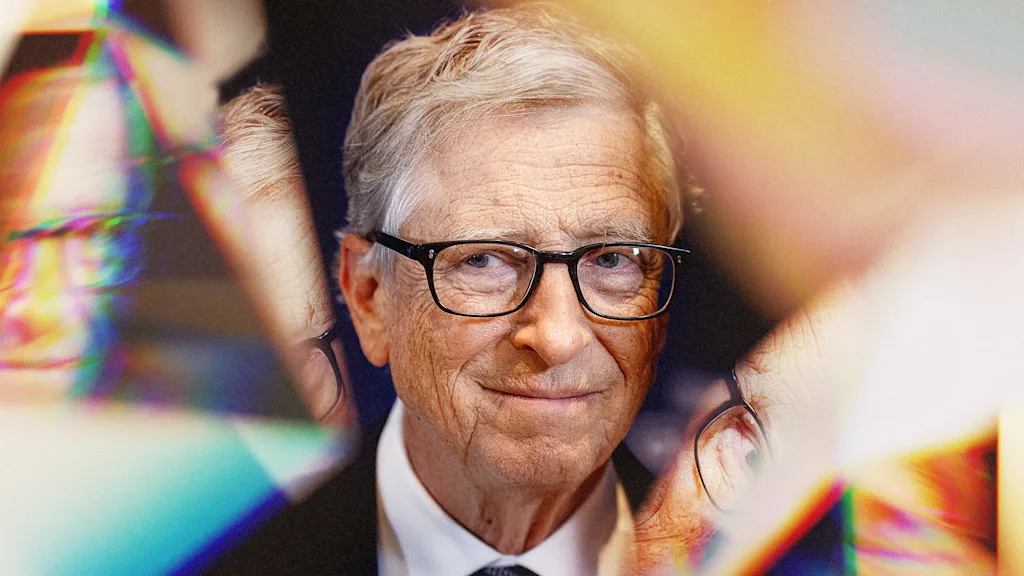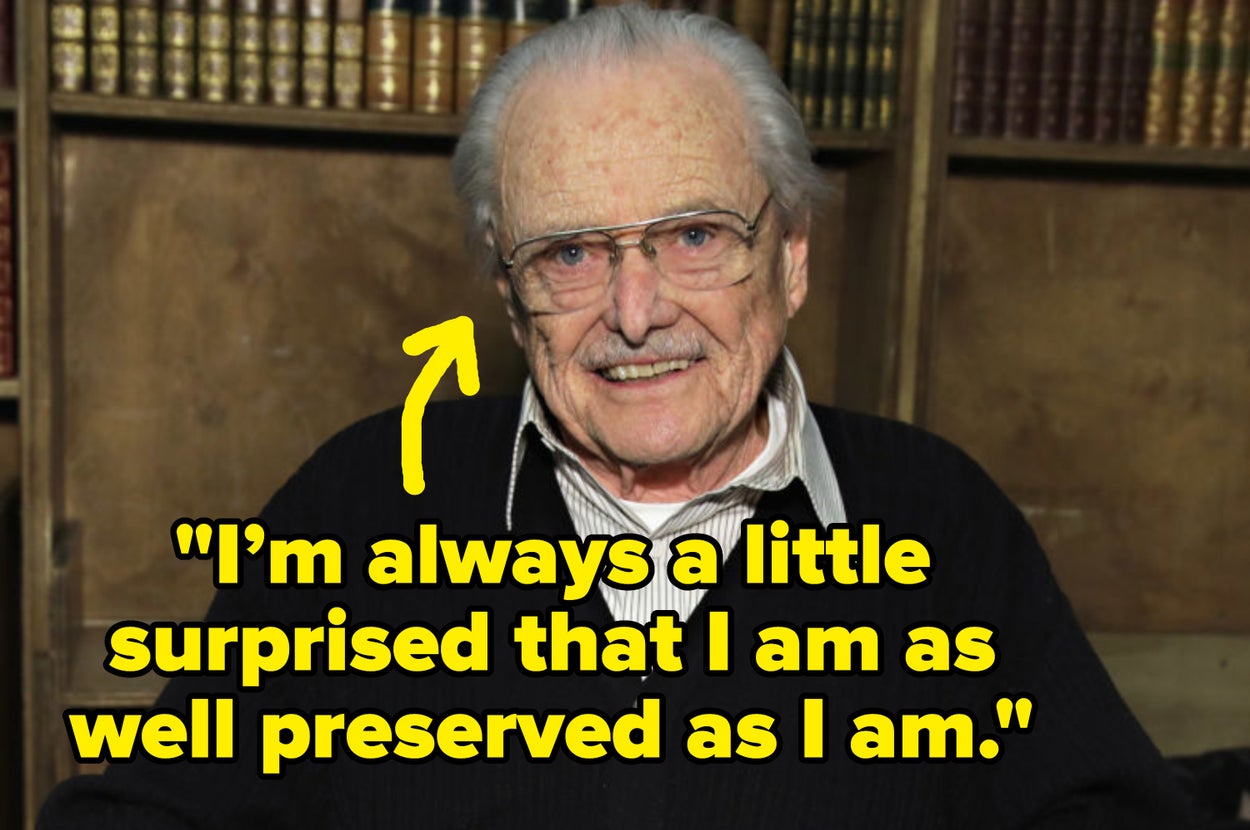Copyright Fast Company

Bill Gates has invested billions over the last two decades to help fight climate change. But in a new blog post, he argues that world is too focused on cutting short-term emissions. “The doomsday outlook is causing much of the climate community to focus too much on near-term emissions goals,” he writes, calling for a “strategic pivot” to focus on “improving lives” by focusing development dollars more on agriculture and disease and poverty eradication. The logic is flawed, and built on a series of false trade-offs that ignore how interconnected climate and development goals are. Gates criticizes the “doomsday” view that climate change will “decimate civilization” in a few decades and writes that “it will not lead to humanity’s demise.” Because of the progress already made on climate—and since humanity will survive—he argues we should now be more focused on alleviating human suffering rather than continuing to so intently focus on rising temperatures. But climate scientists do not argue that civilization itself will end. Instead, they say, hurricanes, heat waves, and other climate disasters are already killing people, destroying homes and infrastructure, making it harder to grow food, and making life more difficult and expensive in other ways. The longer we wait to cut emissions, the worse those problems will continue to get, and the harder it will be to adapt. Human suffering is directly linked to whether or not emissions are curbed now. Gates’s essay uses “really false framing that pits improving people’s lives against science-based temperature and emissions goals that are intrinsically connected,” says Rachel Cleetus, senior policy director for the climate and energy program at the Union of Concerned Scientists. “If you look around the world right now, climate change is directly undermining human development goals, poverty eradication, and health goals. You just have to look at the disruption from the climate-supercharged Hurricane Melissa to see an example of that.” A report this week from the medical journal the Lancet explains that the impacts of climate change are creating “an unprecedented threat” to the health and survival of people globally, with millions already dying unnecessarily each year. That threat keeps growing. With higher temperatures and more rain, mosquitoes can thrive in new areas, increasing malaria risk, for example. “These are all directly connected,” Cleetus says. “You can’t solve these complex development and health challenges if you ignore climate change.” Gates argues that temperature goals are getting in the way of focusing on improving global poverty. But the most ambitious temperature goal in the Paris climate agreement—to limit global warming to 1.5 degrees Celsius—came from poor island nations who saw that sea level rise would hit them first. “Bill Gates has the audacity as a billionaire to say, ‘Well, climate people don’t care about the poor and the developing world,’ when it’s like, dude, the temperature stabilization framework in many ways came from the poor and the developing world,” says Leah Stokes, a political science professor at the University of California Santa Barbara. “Why do we have the 1.5 degree target? Because these least-developed countries, small island nations, banded together to say, ‘This is what we want.’ It wasn’t the big rich countries pushing that.” Having the temperature goal was critical, and a follow-up report from the IPCC talking about how much emissions would need to fall by 2030 to limit warming to 1.5 degrees. “That’s a timeline that policymakers can actually wrap their heads around,” Stokes says. It led to Biden’s ambitious climate policy in the U.S., and though Trump has reversed that, it also spurred states, other countries, and companies to set short-term goals. Gates suggests that we shouldn’t cut funding for health and development to fight climate change. But that’s a straw man argument. When the Trump administration slashed spending on international health, it didn’t move that money to climate programs. Globally, the funding comes from different sources. “It’s not the same money,” says Jigar Shah, co-managing director for Multiplier, a cleantech consulting firm, who previously ran the loan programs office at the Department of Energy. “USAID is not spending money on clean energy. The money for clean energy is coming from the private sector, and most of this stuff is now so cost-effective and so profitable, it’s not even coming from blended finance. It’s coming from pure private sector dollars.” Gates argues that communities can adapt to short-term climate impacts, and that economic growth will help avoid more deaths from climate change—if more people can afford air conditioners, for example, that will save lives. But that overlooks the limits of economic growth and resilience in the face of repeated disasters. “There’s no way for economies to grow when they’re getting slammed again and again by climate-fueled disasters,” Cleetus says. The essay also suggests that economic growth in developing countries is at odds with climate policy. “There’s not a single person in the world that’s making that argument,” says Shah. “None of the poor countries have ever been required to reduce their emissions.” advertisement At the same time, as renewables have become the cheapest source of electricity, developing countries can affordably build out energy access without steeply increasing emissions. Pakistan, for instance, imported the third most solar panels of any country in the world in 2024. “The entire solar revolution of the last three years in Pakistan was done with private sector capital and DIY videos on WhatsApp,” Shah says. Gates seems to suggest that it’s fine to wait to cut emissions further, because better technology (much of which is being supported with his investments) is on the horizon. But since climate change is a cumulative problem, waiting another decade to cut emissions means that we could easily pass critical tipping points. That’s the biggest contradiction in his argument: If he wants to protect lives and livelihoods, cutting emissions does need to happen now. “What the science is showing is within the next decade, if we don’t sharply curtail heat-trapping emissions, there’s a real potential to blow right past the various agreement climate goals,” Cleetus says. “That can unlock feedback loops in the earth system that we cannot turn back even if we reduce emissions in the future.” Gates urges world leaders at COP 30, this year’s global climate conference, to “prioritize the things that have the greatest impact on human welfare,” rather than centering emissions cuts. The ideas are probably unlikely to have much of an impact on what actually happens at the conference. But the messaging is bad for climate action globally. “I think the impact is more about piling on to a sense that climate change isn’t really something we should worry about,” says Stokes. Of course it makes sense to continue to develop better, affordable climate tech. The companies that Gates’s Breakthrough Ventures has backed can play a meaningful role. But Gates could do more to help scale up the clean tech that’s ready now. While startups can also help later, “I think it’s important to recognize that if you’re going to reduce climate emissions at scale and make electricity bills more affordable in this moment, you have to deploy technologies that are already at scale,” says Shah. “We have so many technologies that are stalled at, like, 5% of penetration,” Shah says. “We have 5% of our rooftops in the United States, maybe 6% now, with solar panels on them. Australia is at 30%. How do we go from 5% to 30%? We’re figuring that out today. I would love his help on that.”



